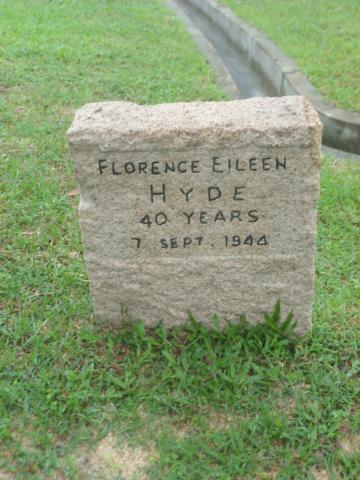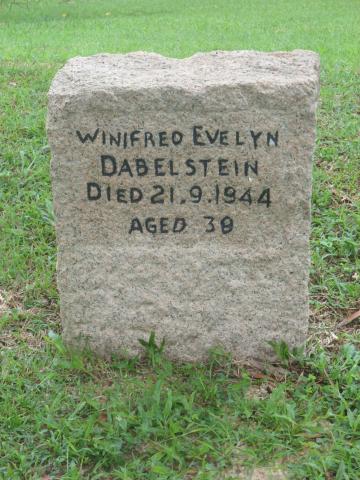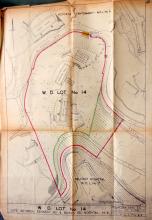Paris is firing all its ammunition into the August night. Against a vast backdrop of water and stone, on both sides of a river awash with history, freedom's barricades are once again being erected. Once again justice must be redeemed with men's blood.
Albert Camus, novelist and philosopher, writing in the resistance newspaper Combat.
The Allied armies are getting closer, and there are those who argue that they should allow them to evict the Germans from the city, but some of the men and women who make up the resistance forces in the 'capital city of Europe' insist on playing a role in their own liberation, and on August 19 an armed insurrection began.
Tomorrow Camus will write:
This night unlike any other ends four years of a monstrous history and an unspeakable struggle that saw France at grips with its shame and its fury.
Those who never lost hope for themselves and their country are finding their reward tonight. This night is a world unto itself: it is the night of truth....Truth is everywhere on this night, which finds the people and the canon roaring in unison.
The Germans have surrendered and de Gaulle and the Free French have entered in triumph, although, as Camus's words suggest, sporadic fighting is still going on.
Six thousand miles away in Stanley Camp it's a different world, but one of the lessons of the war is that of human connection, and the news arrives quickly and plays its part in creating a brief period of relative optimism in the grim struggles of 1944. On August 27, in his weekly retrospective, diarist George Gerrard will write:
Things locally have become brighter for us and the period is known as the week of P's.
Pheasants, Partridges, Parcels, Paris and Perhaps Peace.
But back in Paris there's a sour note: under American and British pressure black troops are not allowed to take part in the victorious entry of the Free French.
No wonder that Camus will warn on August 30 that 'victory on the battlefield does not signify total triumph.'
Sources:
Camus quotations: Camus at Combat: Writing 1944-1947, 2007, 16, 17, 20
Black troops: http://news.bbc.co.uk/1/hi/7984436.stm



